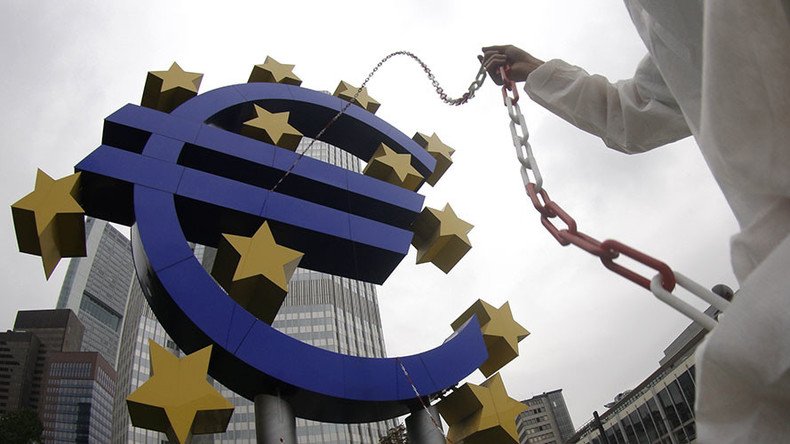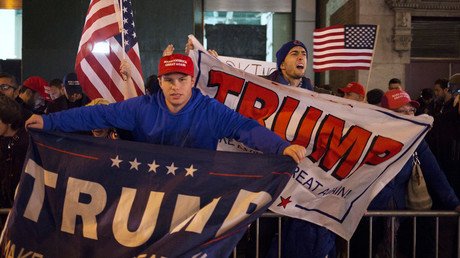Germany’s Gauck urges pause in EU integration – to avoid a European Donald Trump

German President Joachim Gauck has urged for a “pause” in EU integration to allow all members to discuss “what they want to achieve at what pace,” lest people forget the dangers of populism and why Donald Trump won the US presidency.
The 78-year-old federal president praised the European Union’s ethos in an interview to Welt am Sonntag, calling it a “great concept” and “a peace project that generations of us had not dared to dream.” He argued, however, that an increase in globalization does not work for everyone at the same pace.
While achieving a closer union, Gauck said, “we were sometimes so fast that not all citizens could or would want to come with us. That makes me worry.”
Gauck stressed that such feelings of discontent are what led to Donald Trump’s victory in the United States.
“As a whole, we should think about a pause during which we discuss which goal we want to reach, and at what speed,” he continued, as he urged European politicians to look beyond campaigns centered on universal values like freedom and security, and to focus more on making the population feel collectively at home in the 28-nation bloc.
“Not everyone feels like a world citizen,” he said.
He finished by outlining his now negative attitude towards voting “yes” or “no” on complex issues at the federal level, saying he was “now very skeptical” of this model.
Gauck’s words come amid strong right-wing popularity all across Europe, ignited by EU refugee policies and emboldened by Donald Trump’s US victory. The French Republican primaries just saw Francois Fillon overwhelm moderate candidate Alain Juppe with 66.9 percent of the vote. And the Front National’s (FN) Marine Le Pen has been in the headlines, riding the wave of anti-immigrant sentiment.
Similar developments have been witnessed in Austria, whose population of eight million finds itself in the position of accepting 90,000 asylum-seekers, which led to a popularity surge for the right-wing anti-immigrant party, FPÖ. Its candidate, the anti-EU Norbert Hofer, is running for president.
In Britain, the unexpected vote to exit the EU has shocked the international community into a new mode of thinking, with a ‘hard Brexit’ gaining popularity. This, according to many European politicians, may inspire more ‘exits’ to come.
The German president recently gave another interview to Welt am Sonntag, where he expressed concern that Trump’s purported unwillingness to engage more internationally would lead to Germany and Europe having to play bigger roles on the world stage.
The Germans have recently argued for closer cooperation with Russia, as they helmed a 15-nation European vote to restart dialogue in order to avoid a new arms race in Europe.
On Friday, German Foreign Minister Frank-Walter Steinmeier told Die Welt newspaper: “Europe’s security is in danger. As difficult as ties to Russia may currently be, we need more dialogue, not less.”














